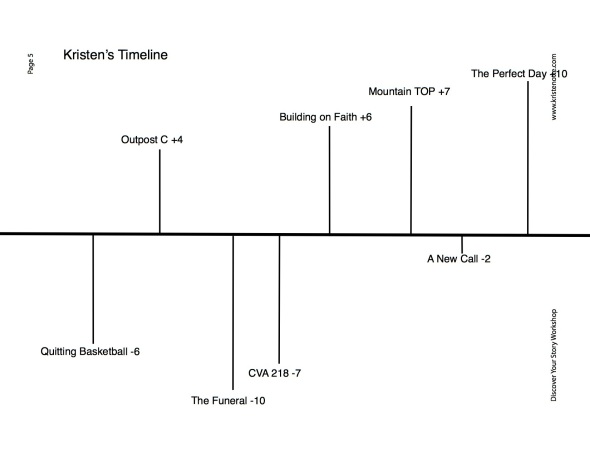I love self-publishing and the freedom to publish your books to your audience. But, I also see the value in traditional publishing. So, after I wrote my novel, The Photograph, I decided to try the traditional route of publishing first.
For those unfamiliar with the publishing world, the traditional publishing process is long and arduous. For fiction, the first step is to write a query letter. I think of a query letter as a cover letter introducing your book to a potential agent who represents your genre. If the agent likes what he or she reads, they will contact you to read the entire manuscript. If the agent likes the manuscript, then he or she will sign you as one of their clients. This process can take three weeks or three months. At that point, writers do a little dance, take a deep breath, and settle in for another round of waiting.
An author's literary agent (with help from the author) will shop the novel to publishing companies. Agents usually have relationships with publishers which helps this process. And hopefully, a publisher will decide to publish the novel. More contracts are signed and editors enter the picture. Roughly a year or so after you sign with a publisher, your novel is published.
I am excited to announce I started this process a few weeks ago. I partnered with Candace of Change It Up Editing on my query letter. The final version of my query letter is fantastic. I can't thank Candace enough.
Last week, I sent out my first query letter. I plan to send a few more this week to potential agents. And now, I wait.
I am cautiously optimistic about the process- hopeful to receive responses, even if they are a no. I want to learn from this process so the worst outcome is no communication or response from agents. We will see what happens and as always, you are invited to follow along with me.


